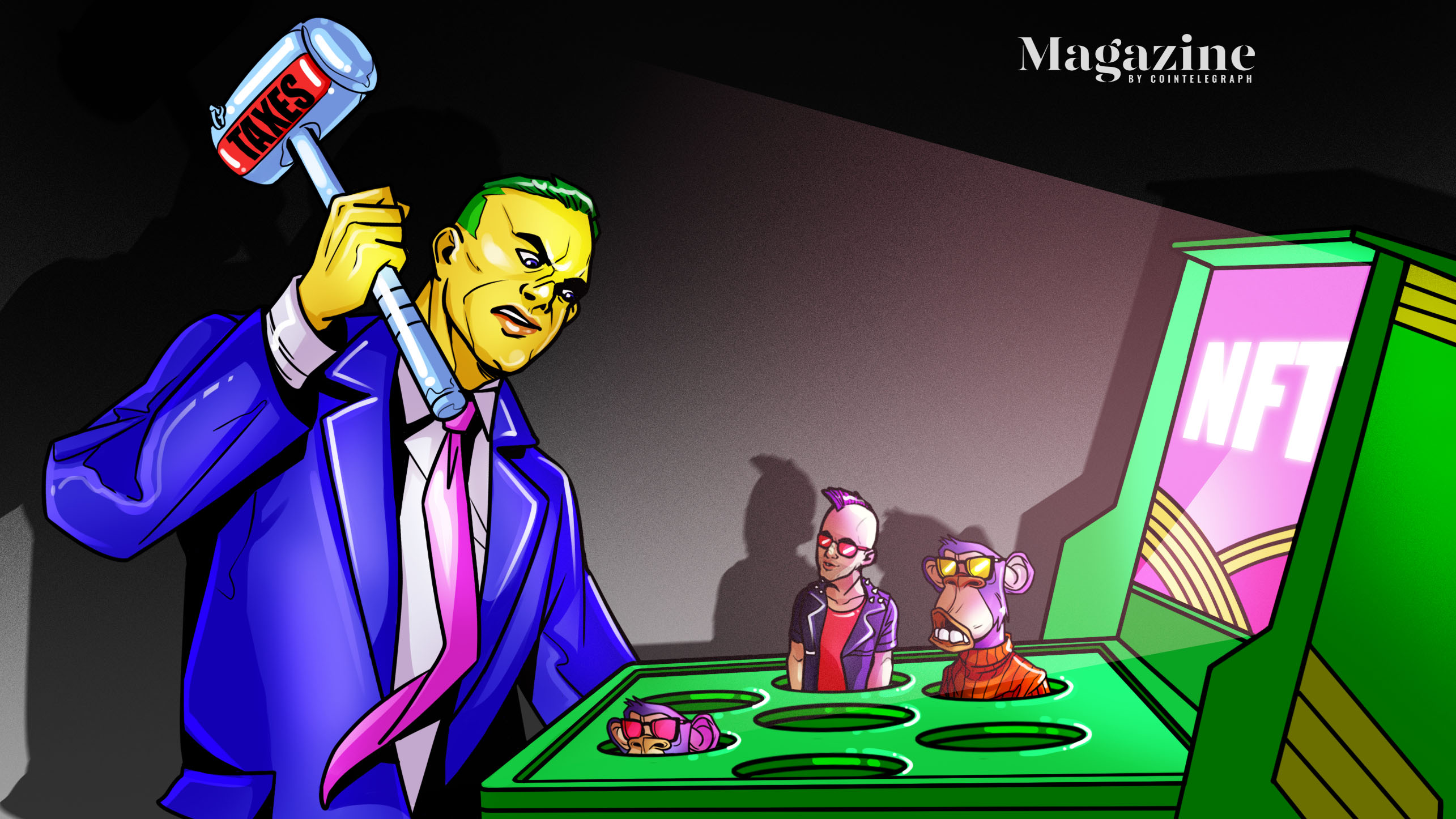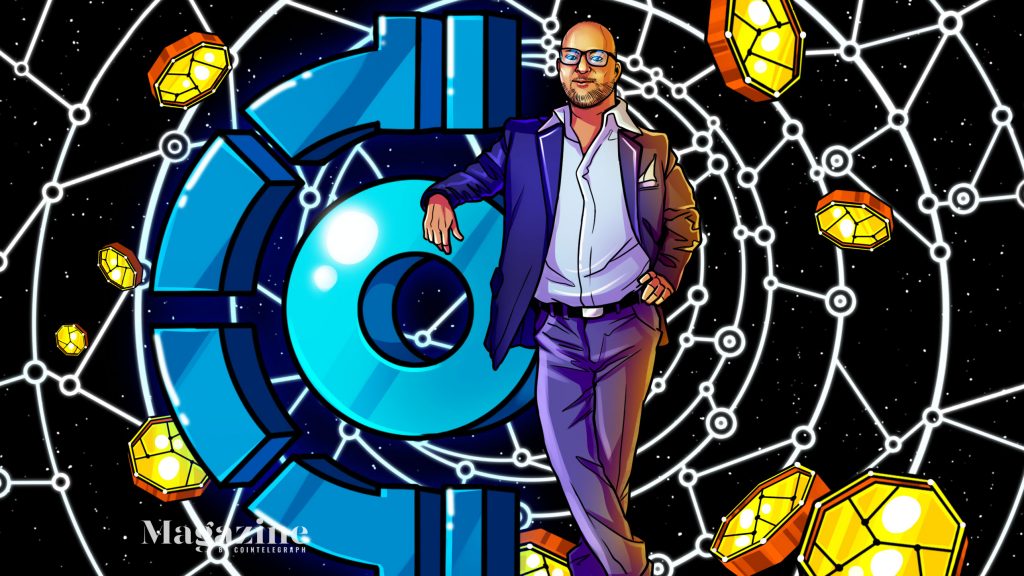Coming every Saturday, Hodler’s Digest will help you track every single important news story that happened this week. The best (and worst) quotes, adoption and regulation highlights, leading coins, predictions and much more — a week on Cointelegraph in one link.
Top Stories This Week
SBF received $1B in personal loans from Alameda: FTX bankruptcy filing
Documentation related to FTX’s bankruptcy proceedings revealed the firm was mismanaged on multiple levels. FTX Group was reportedly composed of multiple companies categorized into four silos. A $1 billion personal loan was reportedly allocated to former FTX CEO Sam Bankman-Fried from one of those silos. The documentation also revealed many other holes and oddities relating to the function of FTX. Several regulators are reportedly looking into FTX, including the Securities Commission of the Bahamas. The Financial Industry Regulatory Authority, a self-regulatory U.S. organization, has also opened a broader investigation into crypto-involved companies in general, evaluating their communications with the retail public.
Binance creates industry recovery fund to help projects struggling with liquidity
Binance CEO Changpeng Zhao unveiled his work on a new fund to help the struggling crypto sector — a sector which has been negatively affected by the fall of FTX. Zhao’s new fund looks to help by assisting “strong” crypto industry companies that have liquidity issues, the CEO said in a Nov. 14 tweet. Such companies should reach out to Binance Labs, as well as players looking to add capital to the fund. The fund will not go toward helping FTX, however, as specified by Zhao.
Read also
How to prepare for the end of the bull run, Part 1: Timing





















